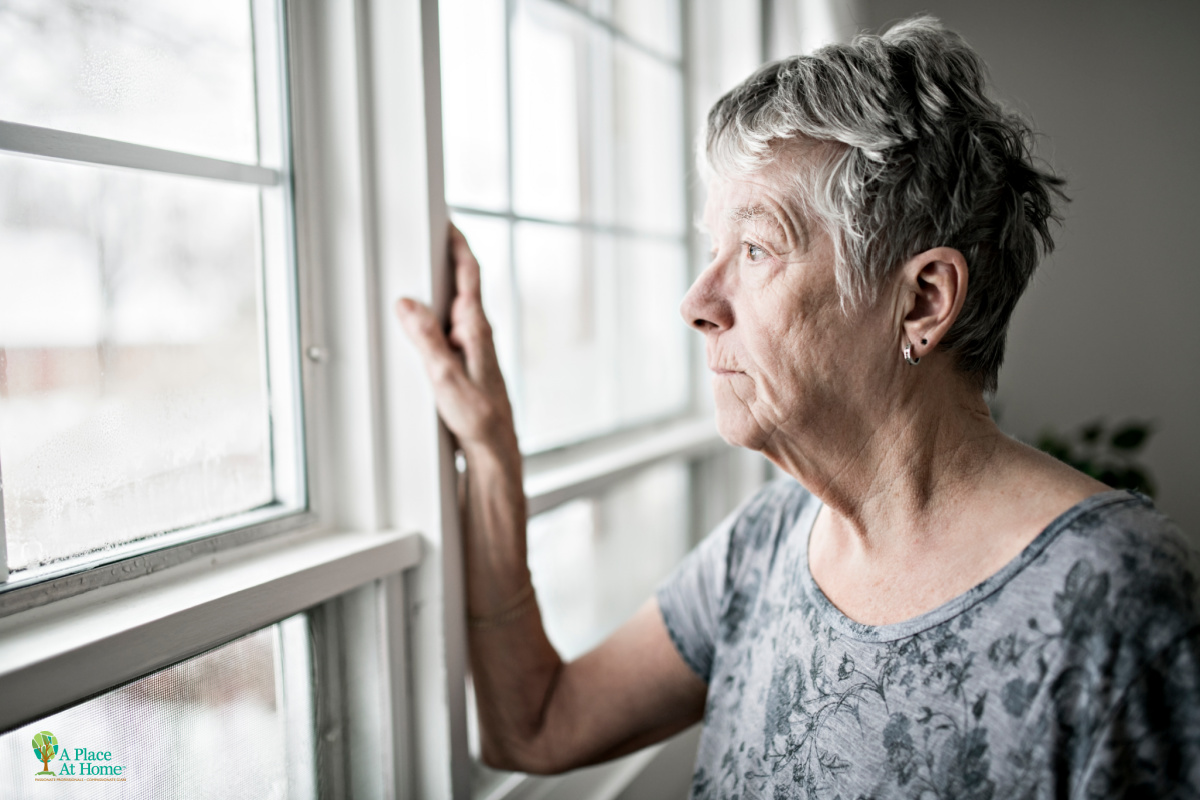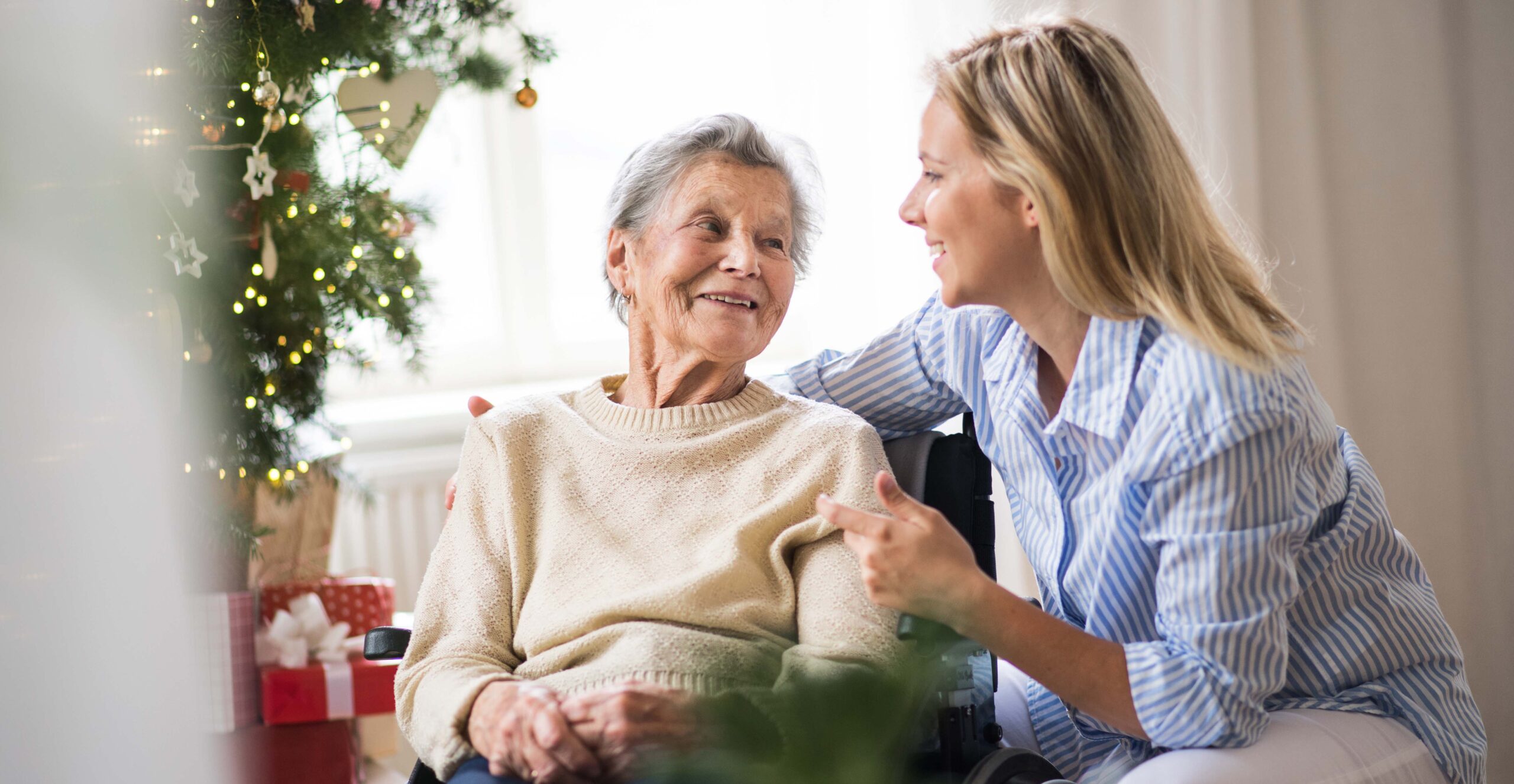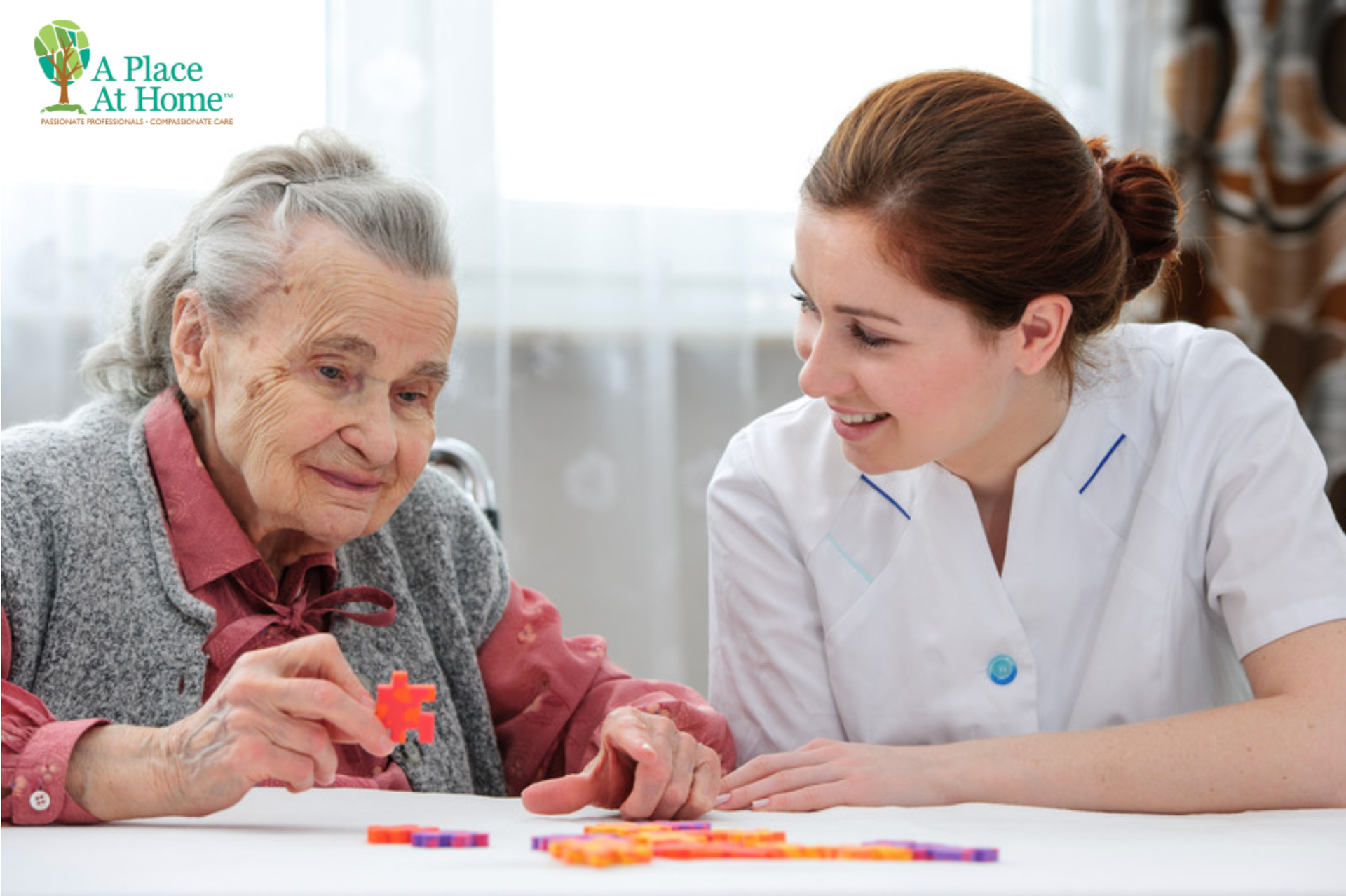The effects of loneliness and isolation on aging adults are no small matter. These days, finding ways to connect with our loved ones from afar has become more commonplace than ever.
It’s no secret that social isolation has a poor effect on seniors. Loneliness is connected to anxiety, depression, and higher suicide rates in older adults. Not only that, but seniors that regularly go without social interaction are at increased risk of developing dementia and are at an over 50 percent higher risk for hospitalizations and emergency room visits. In fact, according to the CDC, the risk of premature death from all causes is significantly higher when a senior regularly experiences social isolation.
For many seniors, especially during the Covid-19 pandemic, the isolation is not only unwelcome but can be detrimental to their quality of life.
While we are all learning to adjust to a “new normal,” it’s those that are at increased risk of severe complications if they contact Covid-19 that are feeling the effects of this pandemic the most. If your loved one lives in a senior living community, their day-to-day life likely looks much different from months ago. At least they are still surrounded by those in their peer group, as well as the frontline heroes that work to keep them safe and engaged.
But what if your loved-one lives by themselves, in their own home?
If your loved one is comfortable enough with technology, we’ve all learned how integral video chatting can be during this pandemic. Most of us are using zoom or other platforms to stay connected from home with our co-workers. We can connect with those we love in the same way. If not via zoom, Facebook messenger has a video chat option. Skype is another option for keeping in touch from a distance. Have a loved one that isn’t tech-savvy? Pick up the phone, and give them a call.
Hearing from those that love you, especially when it’s too risky to see them in person, can go a long way in making one’s day better.
Because social isolation can be so detrimental to our seniors’ quality of life and overall health, staying active, even from the comfort of one’s home, can make a big difference in mental and emotional health. As can encouraging them to “see the world” from the comfort of their own homes. The Louvre offers virtual tours, or your loved one can take a walk through the Swiss Alps.
Across the globe, people are ready for life to take on some semblance of normal again. For our aging loved ones, this is especially true. In the meantime, find ways to connect with those significantly impacted by the socially distanced landscape. It’s the small things that keep us linked and reminded us that we’re not alone.
If your loved one is struggling with feelings of isolation, reach out to us. A Place At Home can match those you love with a trusted companion to run errands and help curb the loneliness that can be so pervasive during the pandemic.




